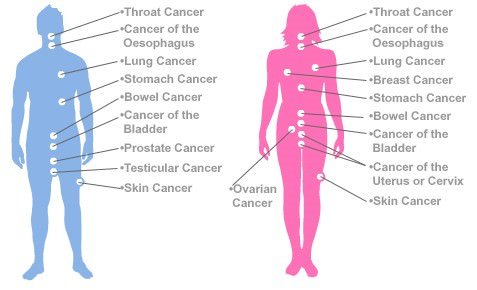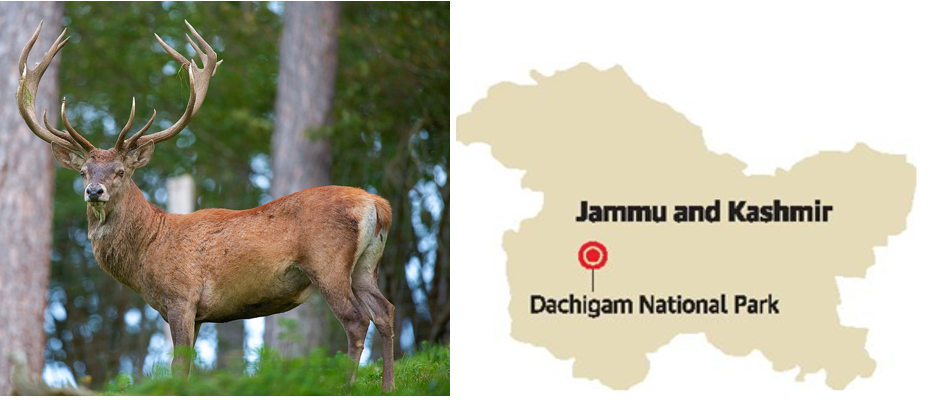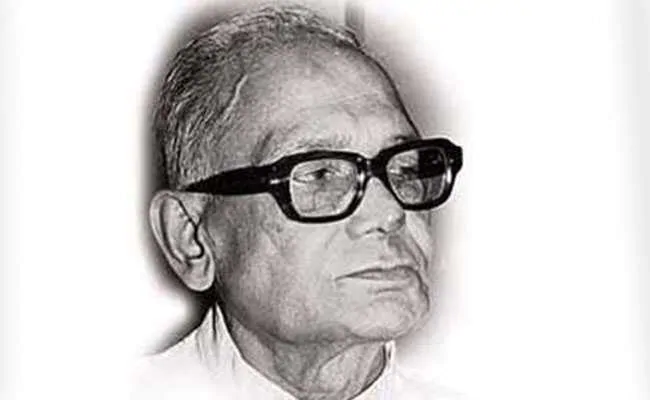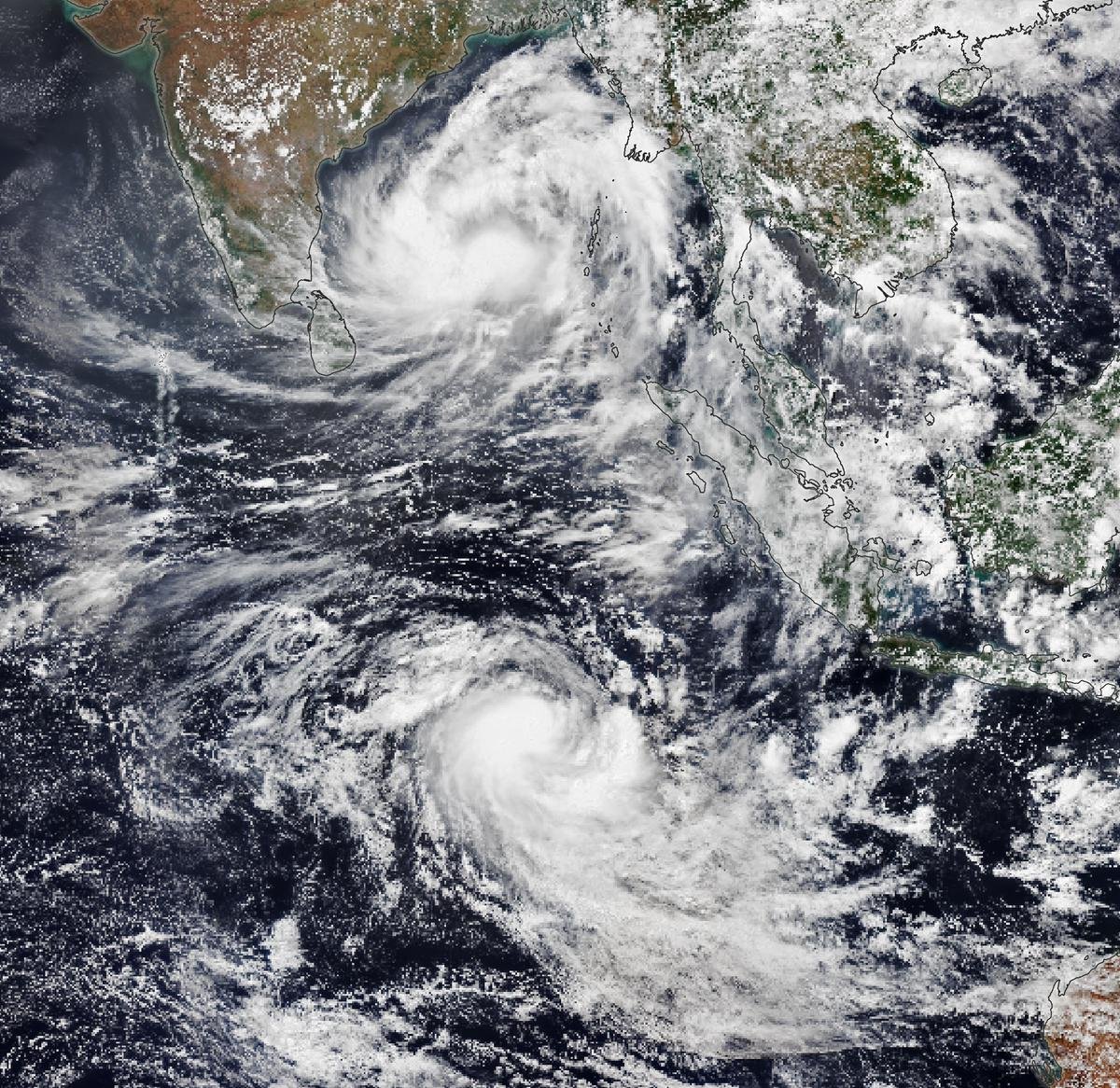
Israel-Palestine Conflict | Hamas, Hezbollah, Arab World vs. Israel
Subscribe to Never Miss an Important Update! Assured Discounts on New Products!
Must Join PMF IAS Telegram Channel & PMF IAS History Telegram Channel
Israel-Palestine Conflict
- Context (TH): Palestinian militant group Hamas launched an attack on Israel.
- The leader of Hamas’s military wing said the attack was in response to the:
- Continued illegal occupation of Palestinian lands by Israel.
- Continued blockade of Gaza
- Israeli raids inside West Bank cities over the past year
- Some experts believe the recent attacks are Hamas’s response to normalising relations between Israel and other West Asian countries.
- Hezbollah declared its solidarity with the “Palestinian resistance.”
Hezbollah (Party of God)
What are Hezbollah’s aims?
Iran-Israel proxy conflict
|
Genesis of the Conflict Between Isreal and Palestine
- During the late 19th century, Zionism emerged, aiming to establish a Jewish homeland in Palestine.
- Zionism tried to bring the Jewish people back to their historic homeland.
- It gained momentum with the publication of Theodor Herzl’s pamphlet “The Jewish State.”
- Herzl’s pamphlet proposed a Jewish homeland as a solution to the “Jewish question.”
- As a result, many Jews immigrated to the Ottoman Empire and later Palestine.
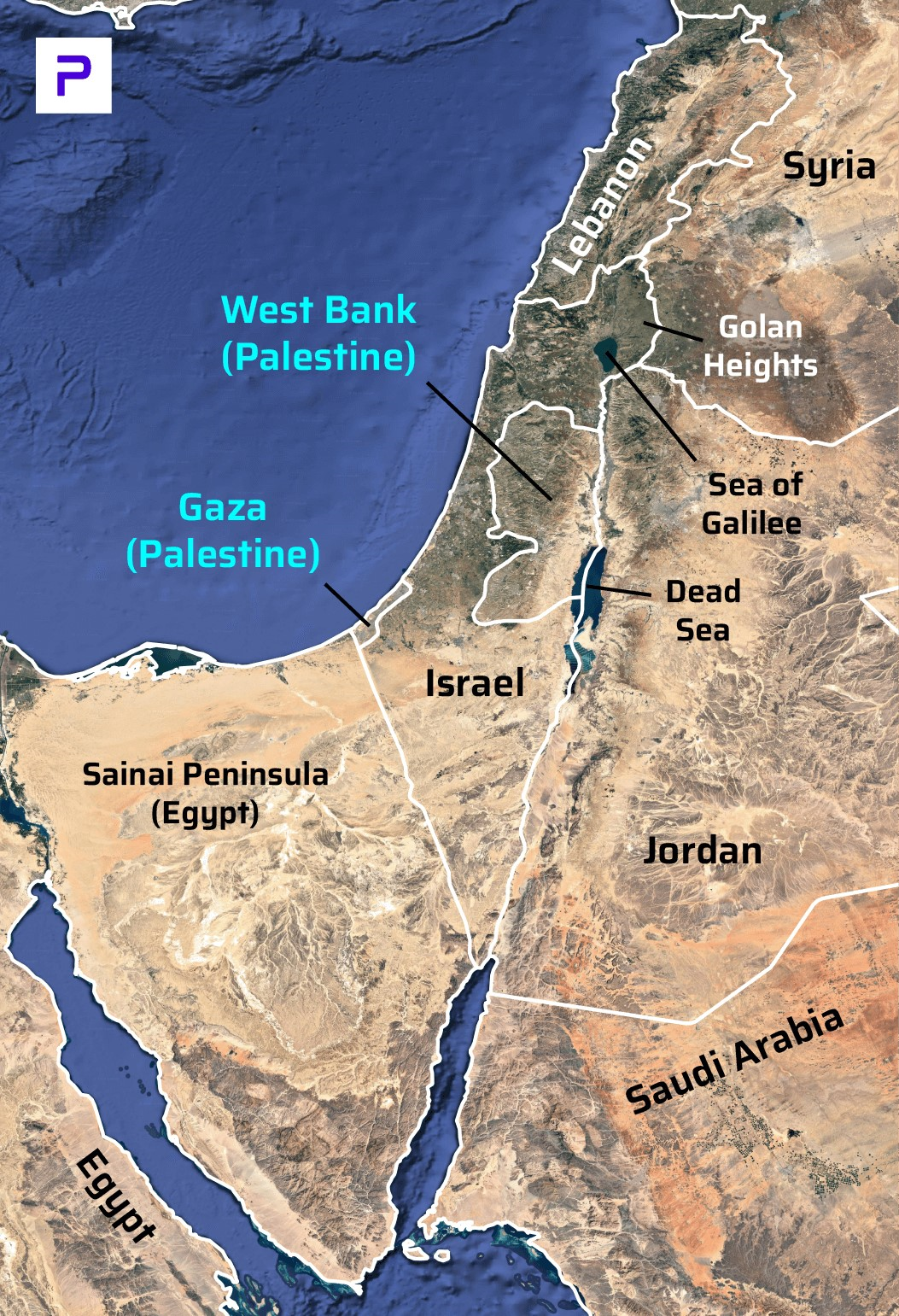
After World War I
- After the Ottoman Empire was defeated in World War I, Britain took control of Palestine.
- Palestine was inhabited by a Jewish minority and an Arab majority.
- Many Jewish people moved to Palestine in the 1920s and 1940s to find a safe place to live because they were facing a lot of problems in Europe. For Jews, Palestine was their ancestral home.
- The international community gave Britain the task of establishing a “national home” for Jewish people in Palestine.
- Palestinian Arabs claimed the land and opposed the move. From then, tensions between Jews and Palestinian Arabs grew.
|
Hamas (Harakat al-Muqawama al-Islamiya)
Jerusalem
Judaism
Christianity
Islam
|
Arab World vs. Israel
First Arab-Israeli War
- In 1947, the United Nations voted to divide Palestine into:
- Separate Jewish and Arab states
- With Jerusalem under international administration.
- That plan was accepted by Jewish leaders but rejected by the Arab side and never implemented.
- The British rulers left in 1948, and Jewish leaders declared the creation of Israel.
- The creation of Israel sparked the first Arab-Israeli War in 1948.
- The war ended in 1949 with Israel’s victory. After the war:
- Israel controlled most of the territory.
- Hundreds of thousands of Palestinians fled or were driven from their homes.
- Territory was divided into three parts:
- State of Israel
- West Bank (of the Jordan River): occupied by Jordan.
- Gaza Strip: occupied by Egypt.
- Jerusalem was divided between Israeli forces in the West and Jordanian forces in the East.
- Over the following years, tensions rose, particularly between Israel, Egypt, Jordan, and Syria.
Second Arab-Israeli War
- On 26 July 1956, Egypt nationalized the Suez Canal and closed the canal to Israeli shipping.
- In October 1956, Israel invaded the Sinai Peninsula and the Gaza Strip with British and French military support.
- In November, the UN called for Britain, France, and Israel to withdraw their troops from Egypt.
- In January 1957, Israel withdrew from Egyptian land, except from the Gaza Strip and the Gulf of Aqaba, arguing that the Gaza Strip never belonged to Egypt.
Six-Day War (Third Arab-Israeli War)
- In June 1967, Israel attacked Egyptian and Syrian air forces and started the Six-Day War.
- After the war, Israel gained territorial control over:
- The Sinai Peninsula and Gaza Strip from Egypt
- The West Bank and East Jerusalem from Jordan
- The Golan Heights from Syria.
Camp David Accords
|
First Intifada
- In 1987, Palestinians living in the West Bank and Gaza Strip revolted against the Israeli government and started the first intifada.
- The first lasted from 1987 to 1993, and the second from 2000-2005.
Oslo Accords
- Oslo Accords are a series of agreements between Israel and the Palestinians signed in the 1990s.
Oslo I Accords (1993)
- It set up a framework for the Palestinians to govern themselves in the West Bank and Gaza.
- It enabled mutual recognition between the newly established Palestinian Authority and Israel.
Oslo II Accords (Israeli-Palestinian Interim Agreement) (1995)
- The Israeli-Palestinian Interim Agreement sought to implement the first Oslo peace deal.
- It expanded the first agreement, adding provisions that mandated the complete withdrawal of Israel from six cities and 450 towns in the West Bank.
- The interim pact was only supposed to last five years, but it has tacitly been rolled over for more than two decades.
- The question of Jerusalem was left undecided under the Oslo Accords.
Aftermath of Oslo Accord
- After a wave of violence in 2015, the Palestinian President announced that Palestinians would no longer be bound by the Oslo Accords.
- In January 2020, the Trump administration released its long-awaited “Peace to Prosperity” plan. Palestinians rejected it.
Abraham accord
UNESCO, US and Israel
|
Current Status
- Most Palestinian refugees and their descendants live in Gaza and the West Bank.
- Israel has withdrawn from Gaza, but it continues to occupy the West Bank.
- Israel considers the “complete and united Jerusalem” its capital, while Palestinians claim East Jerusalem as the capital of a future Palestinian state.
- The US is one of only a handful of countries to recognise Jerusalem as Israel’s capital.
Yom Kippur war (October war / Ramadan war / Fourth Arab Israeli war)
Yom Kippur
|
Consequences of the Current Conflict
- It has an immediate impact on the 90 lakh Indian community that lives and works in the Middle East.
- Following groupings or deals will face difficulties due to the unrest in the Middle East.
- The US-brokered Abraham Accords.
- I2U2 (India, Israel, US, and UAE), which is an economic grouping.
- The India-Middle East-Europe Economic Corridor.
India’s Enduring Support for the Palestinian Cause
- India’s support for the Palestinian cause is an integral part of the nation’s foreign policy.
- In 1974, India became the first non-Arab state to recognize the Palestine Liberation Organization (PLO) as the sole and legitimate representative of the Palestinian people.
- In 1988, India became one of the first countries to recognize the Palestinian State.
- In 1996, India opened its Representative Office in Gaza, which was later shifted to Ramallah in 2003.
- India voted in favour of Palestine becoming a full member of UNESCO.
- In 2012, India co-sponsored and voted in favour of the UNGA Resolution that enabled Palestine to become a ‘non-member Observer state’ at the UN without voting rights.
- In 2015, India supported the Bandung Declaration on Palestine at the Asian African Commemorative Conference.
|





![PMF IAS Environment for UPSC 2022-23 [paperback] PMF IAS [Nov 30, 2021]…](https://pmfias.b-cdn.net/wp-content/uploads/2024/04/pmfiasenvironmentforupsc2022-23paperbackpmfiasnov302021.jpg)

